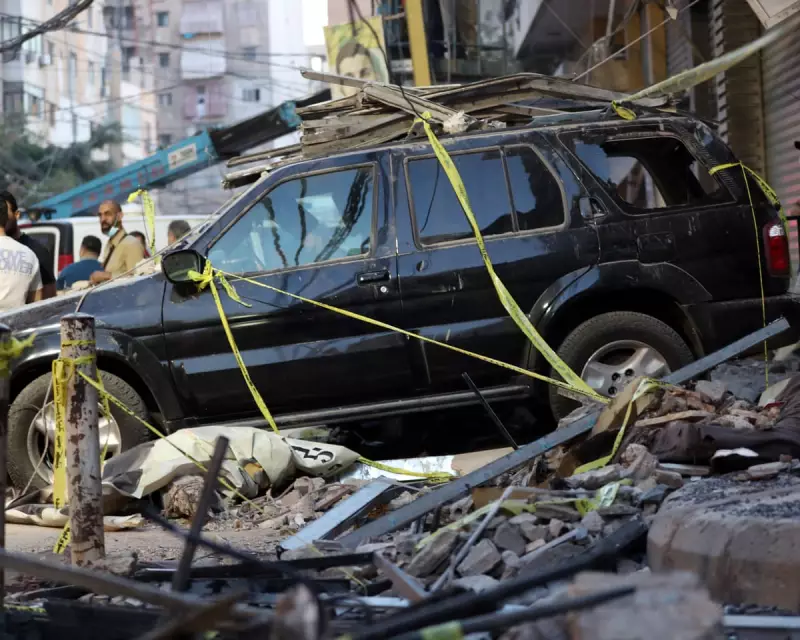
Lebanon has formally accused Israel of repeatedly violating a ceasefire agreement that came into effect on 27 November of last year, as the United Nations reveals a significant civilian death toll and calls for an urgent investigation.
Mounting Civilian Casualties and UN Concerns
The United Nations has confirmed that at least 127 civilians have been killed in Israeli military strikes on Lebanon in the nearly twelve months since the truce began. Thameen Al-Kheetan, a spokesperson for the UN human rights office, addressed the situation at a press briefing in Geneva, stating, "We continue to witness increasing attacks by the Israeli military, resulting in the killing of civilians and destruction of civilian objects in Lebanon, coupled with alarming threats of a wider, intensified offensive."
According to the Lebanese health ministry, the overall impact has been even more severe, with more than 330 people killed and 945 injured across the country since the ceasefire took hold.
Ain al-Hilweh Strike Under Scrutiny
A particular incident that has drawn international condemnation is last week's Israeli airstrike on the Ain al-Hilweh Palestinian refugee camp in southern Lebanon. The attack resulted in 13 fatalities, 11 of whom were children.
While Israel defended the action by stating it targeted "terrorists" from Hamas, a group allied with Hezbollah, the UN's findings contradict this claim. Kheetan told reporters, "All the fatalities we have documented as a result of this strike were civilians, raising serious concerns that the Israeli military’s attack may have violated international humanitarian law principles." He emphasised the need for a prompt and impartial investigation into this and all other potential violations.
Humanitarian Fallout and Obstacles to Return
The continuing hostilities have had a devastating effect on civilian infrastructure and the prospects for recovery. Kheetan reported that the attacks have severely hampered reconstruction efforts and prevented internally displaced people from returning to their homes in southern Lebanon.
The UN rights office stated that more than 64,000 people remain displaced within the country as a direct consequence of last year's conflict. A further complication is Israel's construction of a wall crossing into Lebanese territory, which Kheetan said makes 4,000 square metres of land inaccessible, directly affecting people's right to return to their properties.
"All those internally displaced must be able to go back to their homes, and reconstruction should be supported, not hampered," he urged, calling on all parties to comply with the ceasefire "in good faith."
The situation remains tense, with Lebanon accusing Israel of maintaining forces inside its territory, and Israel counter-accusing Hezbollah of working to rebuild its military capabilities in violation of the truce terms.





